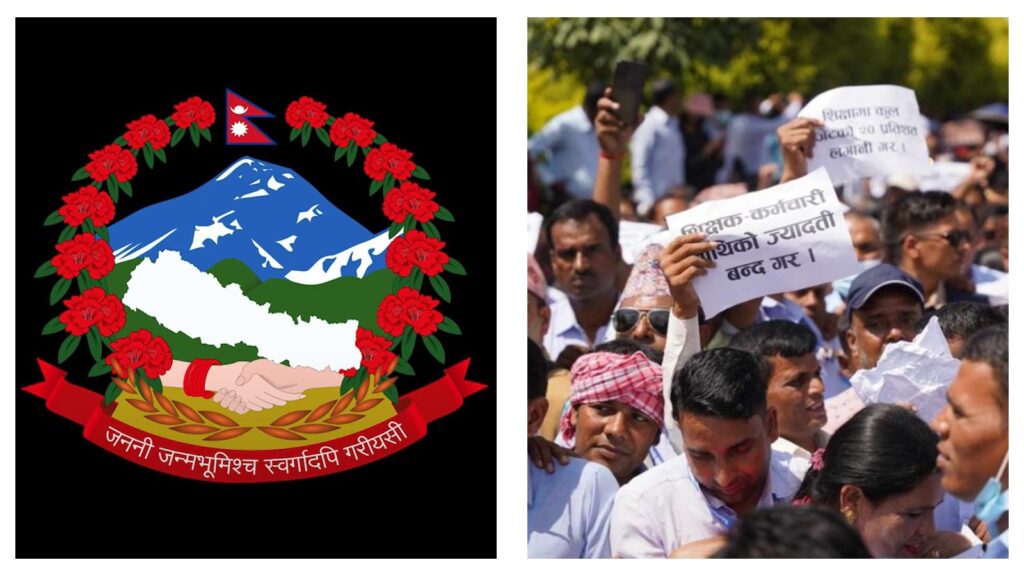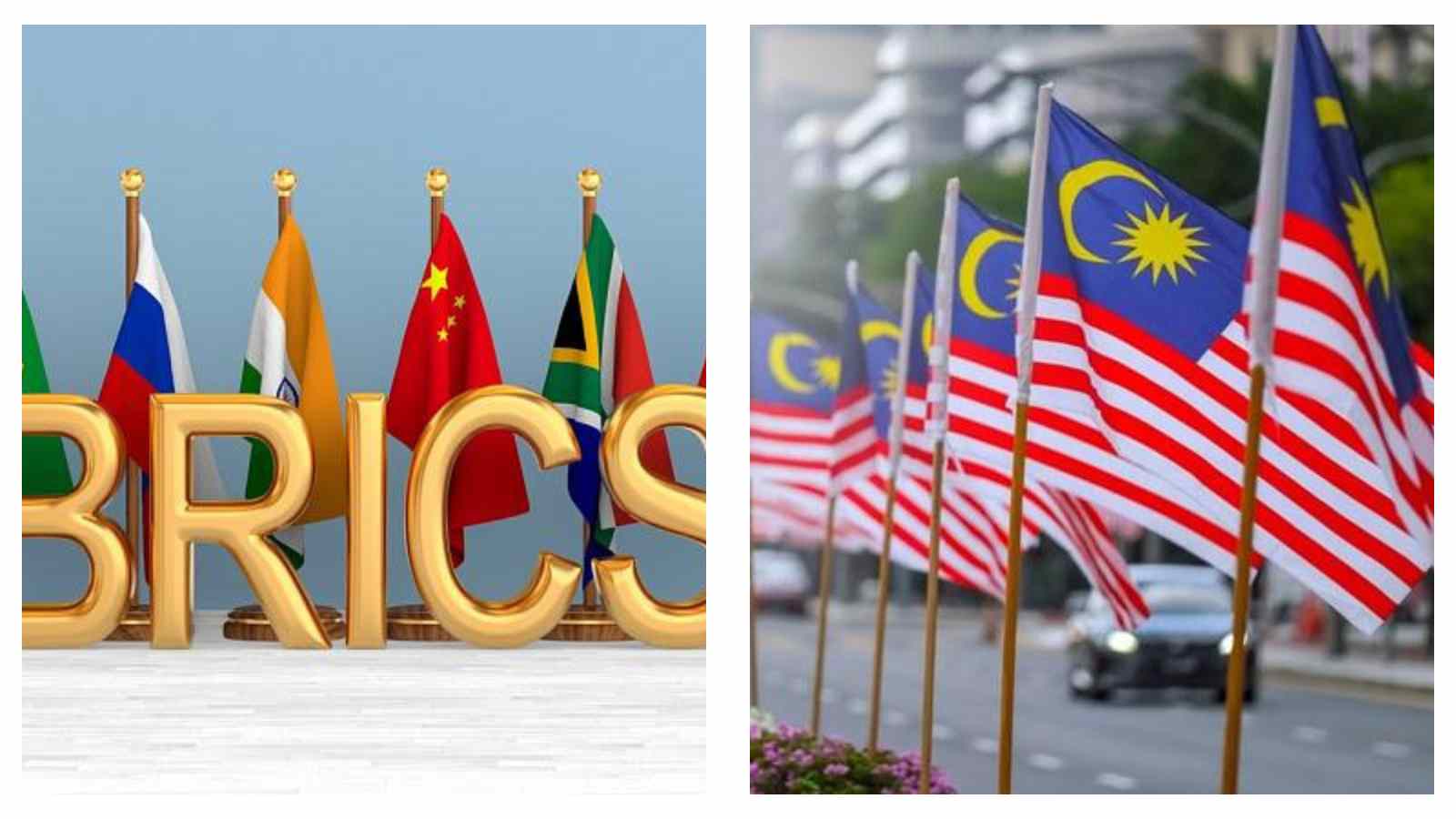By Maybelene Marcelino
Malaysian Prime Minister Datuk Seri Anwar Ibrahim has framed his country’s decision to join the BRICS group as a calculated response to global economic uncertainties and geopolitical tensions.
Global economic adaptation
In his commentary titled “The Global South Paths to Economic Resilience” published on the Project Syndicate website on Saturday, Anwar highlighted that Malaysia‘s BRICS membership is crucial for navigating the complexities of the current world order, characterised by trade wars, tariffs and sanctions.
He added that the move aims to address the growing challenges faced by the countries in the Global South, where development aid is under scrutiny from powerful nations.
“As the competition between the United States and China disrupts economies, technologies and alliances around the world, smaller and midsize countries are often forced to pick sides or risk becoming pawns in a larger geopolitical game,” he stated, as quoted by Bernama.
“Economic interdependence, once the cornerstone of global prosperity, has now become a source of tension.
“If this trend continues, interconnectedness could become a vulnerability, even for countries that have long flourished under globalisation.”
The premier further asserted that as a country that relies on international trade, Malaysia recognises that the crosswinds of uncertainty and protectionism make it more important than ever to remain adaptive and ambitious.
“We are determined to solidify our position as a vital nexus of trade, investment, and technological innovation,” he noted.
YOU MAY ALSO LIKE: Nepali teachers protest over political rights, job security

Push for inclusive growth
Meanwhile, Anwar stressed that his administration’s decision to pursue BRICS is not a simple alignment with a particular bloc but a way to secure the country’s economic future through diversification and synergies.
He added that the initiative aims to advance the goal of narrowing development disparities between the Global South and Global North, ensuring sustainable, inclusive and equitable growth for Malaysia.
“Contrary to some pundits’ claims, our decision was not about taking sides in the Sino-American rivalry.
“On the contrary, it reflects a clear-eyed understanding of the shifting geopolitical and geoeconomic landscape in which we operate,” the premier noted.
He elaborated that by engaging with rival power blocs and creating a diverse array of viable economic opportunities, middle powers like Malaysia can pave the way for lasting peace and prosperity for their citizens in the Global South.
“For us, that remains a critical goal and urgent priority,” Anwar said.
BRICS (Brazil, Russia, India, China, and South Africa), the increasingly influential economic bloc from the Global South, further solidified its economic might in early 2025.
After welcoming four new members – Egypt, Ethiopia, Iran, United Arab Emirates – in 2024, BRICS added nine partner countries – Belarus, Bolivia, Cuba, Indonesia, Kazakhstan, Malaysia, Thailand, Uganda, and Uzbekistan – on January 1, 2025.
It also welcomed Indonesia as its first official Southeast Asian member.
This expansion resulted in BRICS representing approximately half of the global population and over 41% of world gross domestic product.
The group’s economic strength is undeniable, as it is a leading producer of vital commodities, including oil, gas, grains, meat, and minerals.
This economic power is central to BRICS’s efforts to de-dollarise the global financial system.
READ NEXT: Experts race against time to prevent disease outbreaks
